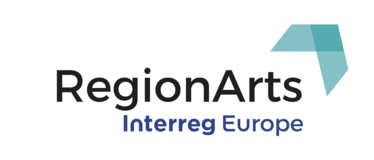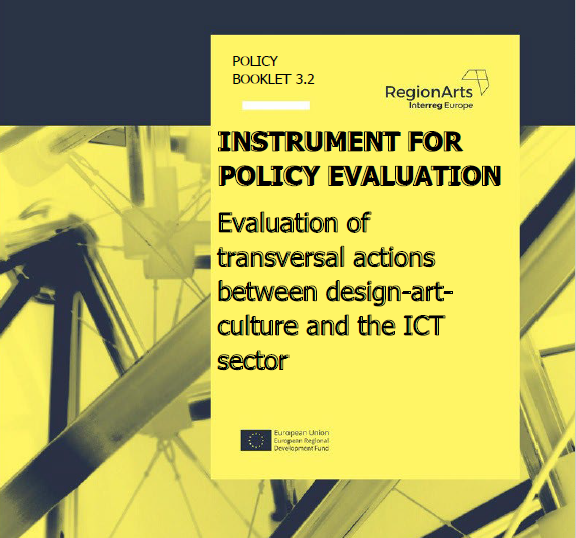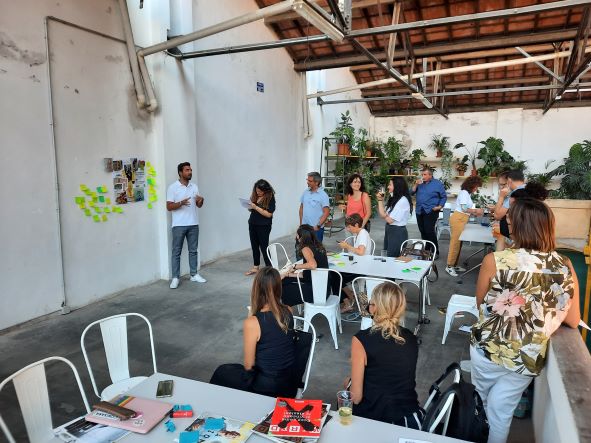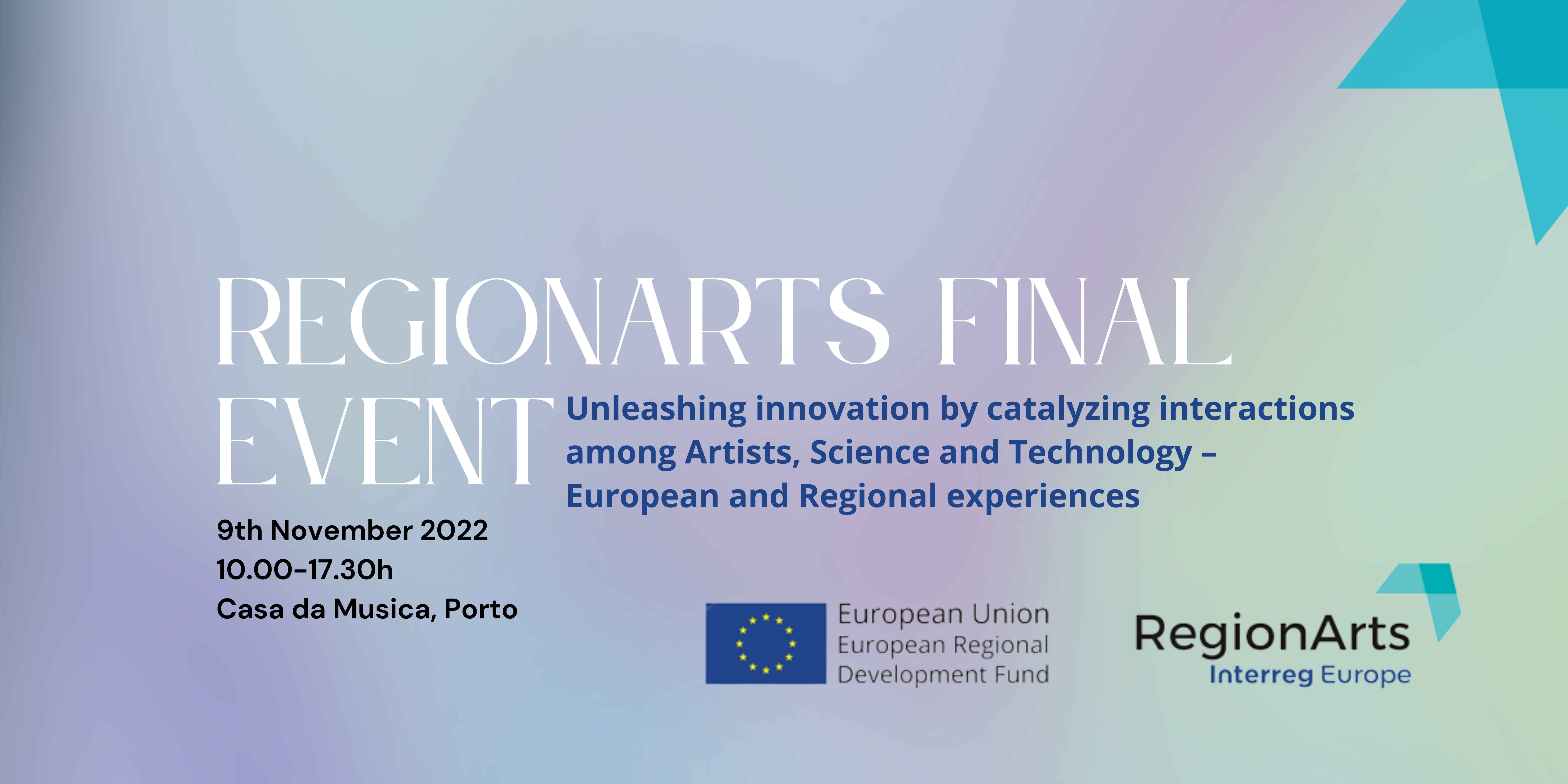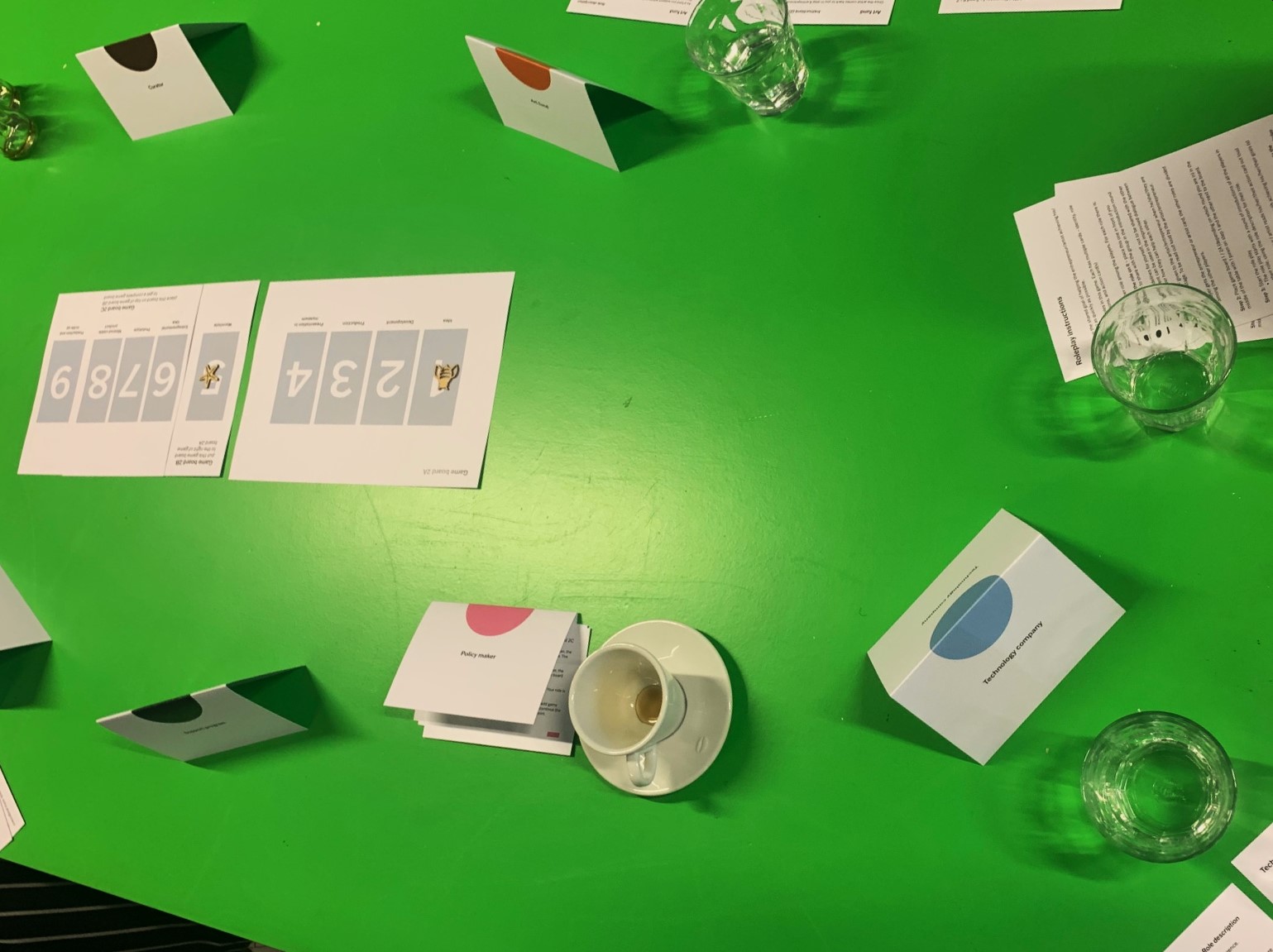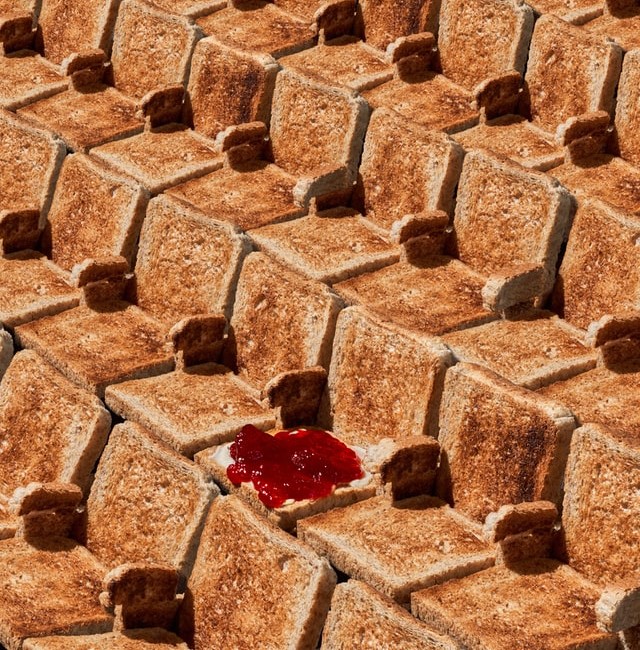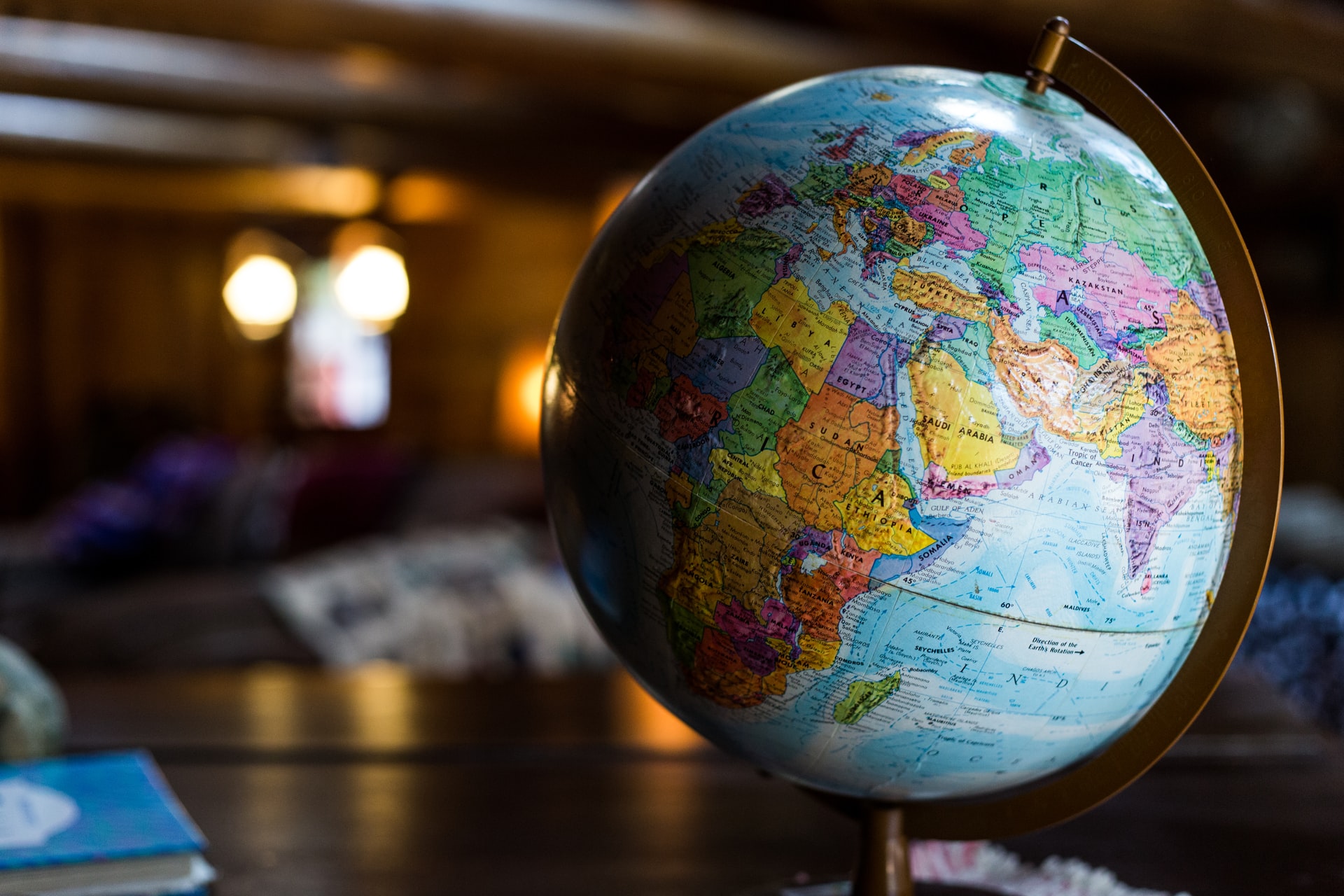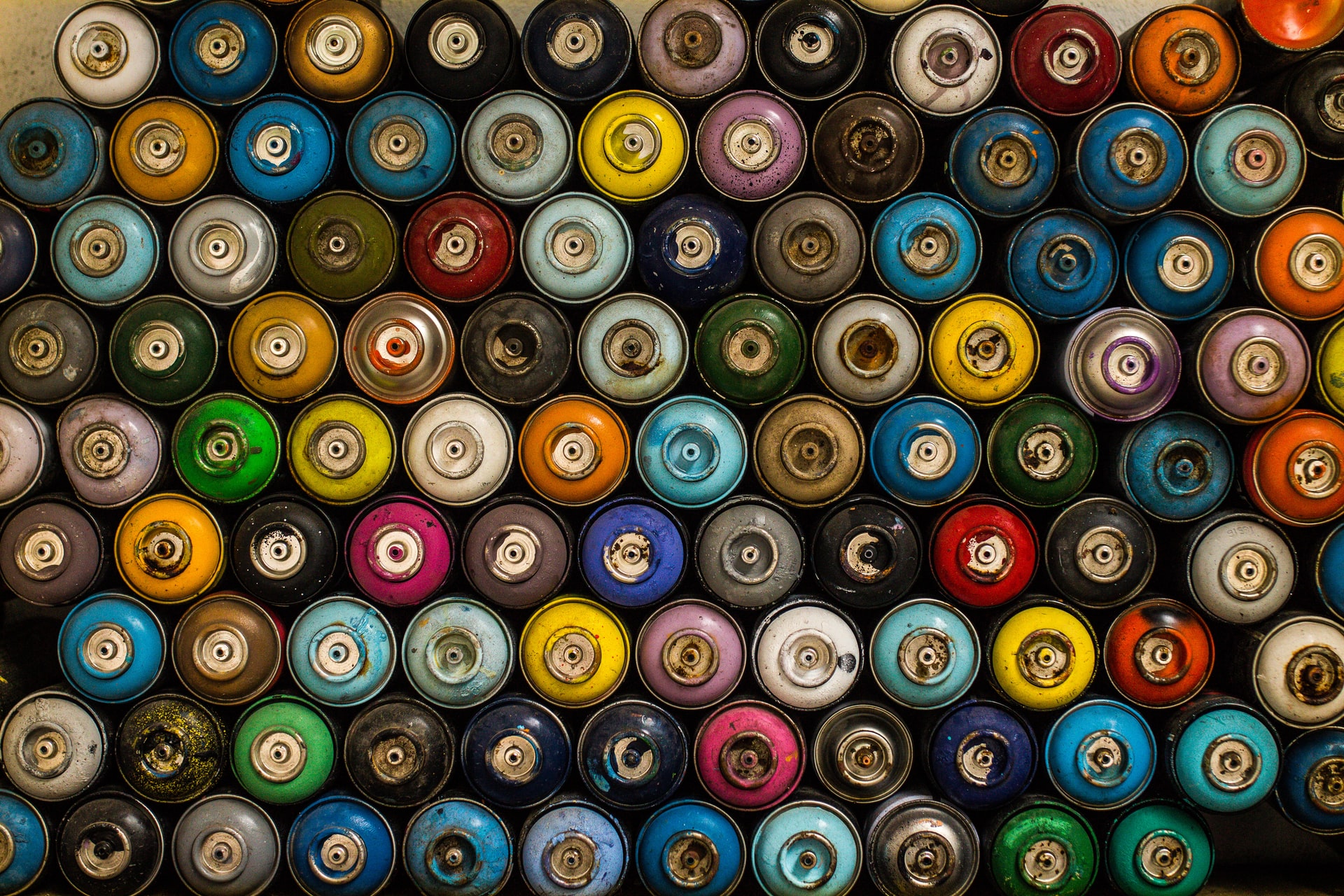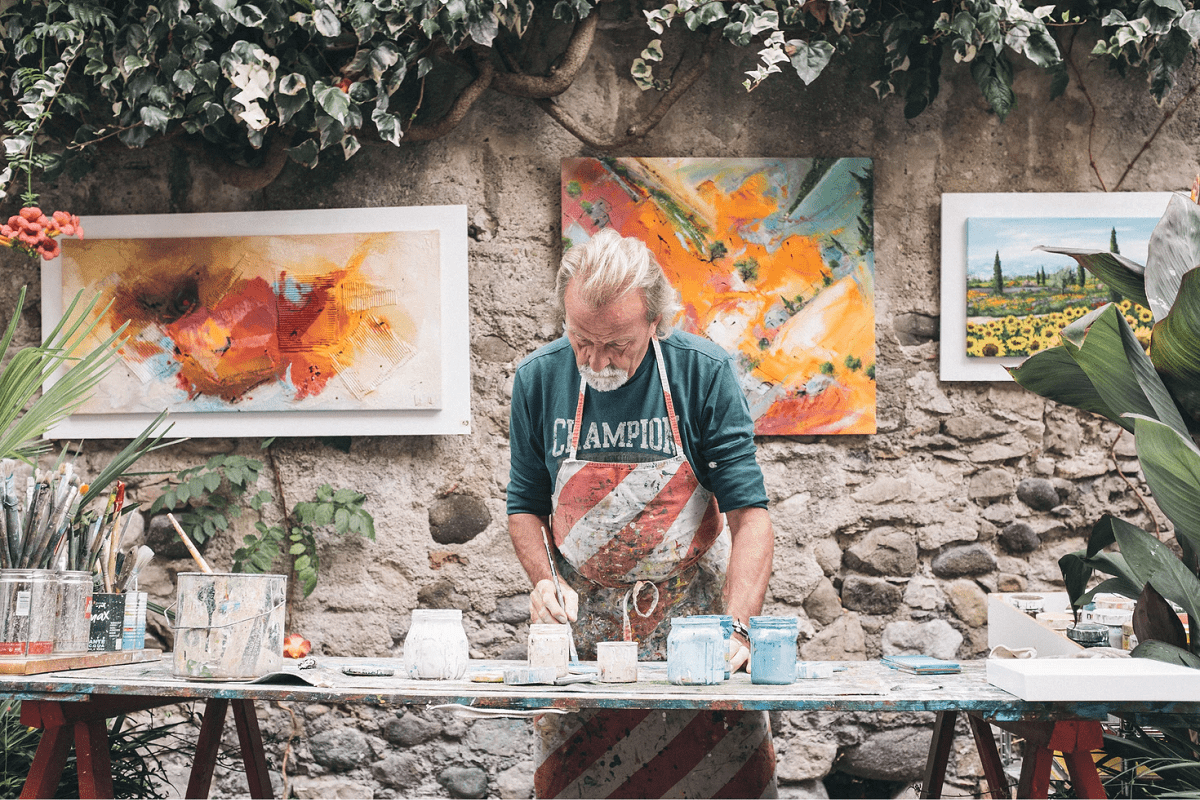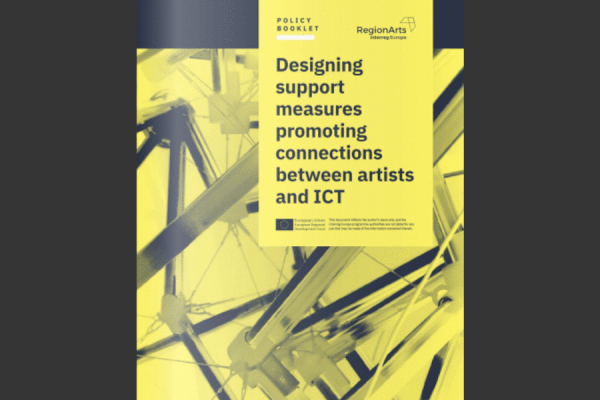The 6th LSG meeting organised by the University of Lapland took place online. 21 people attended, representing local government and policy officers, cultural and creative industry workers, ICT-sector, teaching, administration, and research staff from both University of Lapland and Lapland University of Applied Sciences, and finally people working in the intersection of ICT and creative sectors: game companies and creative media houses. It is also noteworthy that many participants are part of two and even three of these instances simultaneously.
Again the stakeholder group consisted of people not familiar with the RegionArts project: in some cases, the institutions they represented had been present earlier, but participants had been different. So the meeting started with a short introduction, also telling about the role of the stakeholder group within the Interreg Europe project, and how the role and the project itself are changing soon when phase 2 is about to begin.
Also, it was a good time to communicate some of the things learned so far from the project — the concept of the "good practices" was presented along with some sample cases coming from other RegionArts' partners and related to different funding mechanisms, ideas of combining ICT and creative sectors in daily life and in special event contexts.
The main content of the meeting was the presentation of the results of a questionnaire sent a few weeks earlier by the University of Lapland to a large stakeholder group. This was not a survey measuring policy impact or about how the stakeholders have benefitted from the project so far — rather a more precise tool for scouting what kinds of problems, issues, and on the other hand solutions or ideas people have related to combining ICT and arts. While reinforcing certain things evident in earlier meetings, such as the dire need for communication, collaboration, and meeting opportunities between the two industries, the survey also pointed out some new things: the need to improve common cross-disciplinary education in the fields, which boils down to enhancing common studies the University of Lapland and the Lapland University of Applied Sciences. One of the prime examples of studies, which fulfill many of these criteria: both institutions, both fields (arts and ICT) is the ongoing game studies. The whole field of game design was also voted as one of the top priorities to develop in the region, along with virtual studio technology, ai and design knowledge in general.
The third sector of the meeting consisted of the presentation of the current state of the Lapland Region Arts Action Plan draft. The questionnaire along with some regional developments and discussions with different parties has shifted the focus of the actions related to improving business incubation towards improving educational collaboration in lowering access boundaries to technological infrastructure and special facilities and services between the main educational institutions, but also in developing new educational possibilities for collaboration, perhaps even creating a new educational program for the two higher-level educational institutions in Rovaniemi around creative technologies, such as virtual studio set up, gaming, and ubiquitous computing meets media design.
The discussion in the meeting was very lively and people seemed enthusiastic about many of these ideas. Now it is time to wrap these up in the action plan and see how we will be working towards executing these in real life.
Attendees:
- Tomi Knuutila, University of Lapland
- Eija Lange, City of Rovaniemi
- Petri Hannula, Lapland University of Applied Sciences / Freelancer
- Heikki Tikkanen, Zestnut
- Petteri Maljamäki, Artorio
- Tuija Alariesto, Regional Museum of Lapland
- Johan Pietarila, Musta Kissa Cafe, Magneetti ry,
- Niina Oinas, University of Lapland / Silhaus
- Anne Toppari, City of Kemi
- Ari Kurvinen, Indata
- Kari Ollila, Dihtor
- Juha Tahvonen, Seven-1
- Juhani Sallanmaa, City of Rovaniemi (Business Rovaniemi)
- Taina Torvela, City of Rovaniemi (Business Rovaniemi)
- Eija Nevala, Ornamo
- Eila Linna, University of Lapland
- Ana Nuutinen, University of Lapland
- Jukka-Pekka Palo, Sohova
- Jukka Joutsenvaara, University of Applied Sciences
- Joni Ahola, Sohova
- Hanna Rauma, Proto ry
